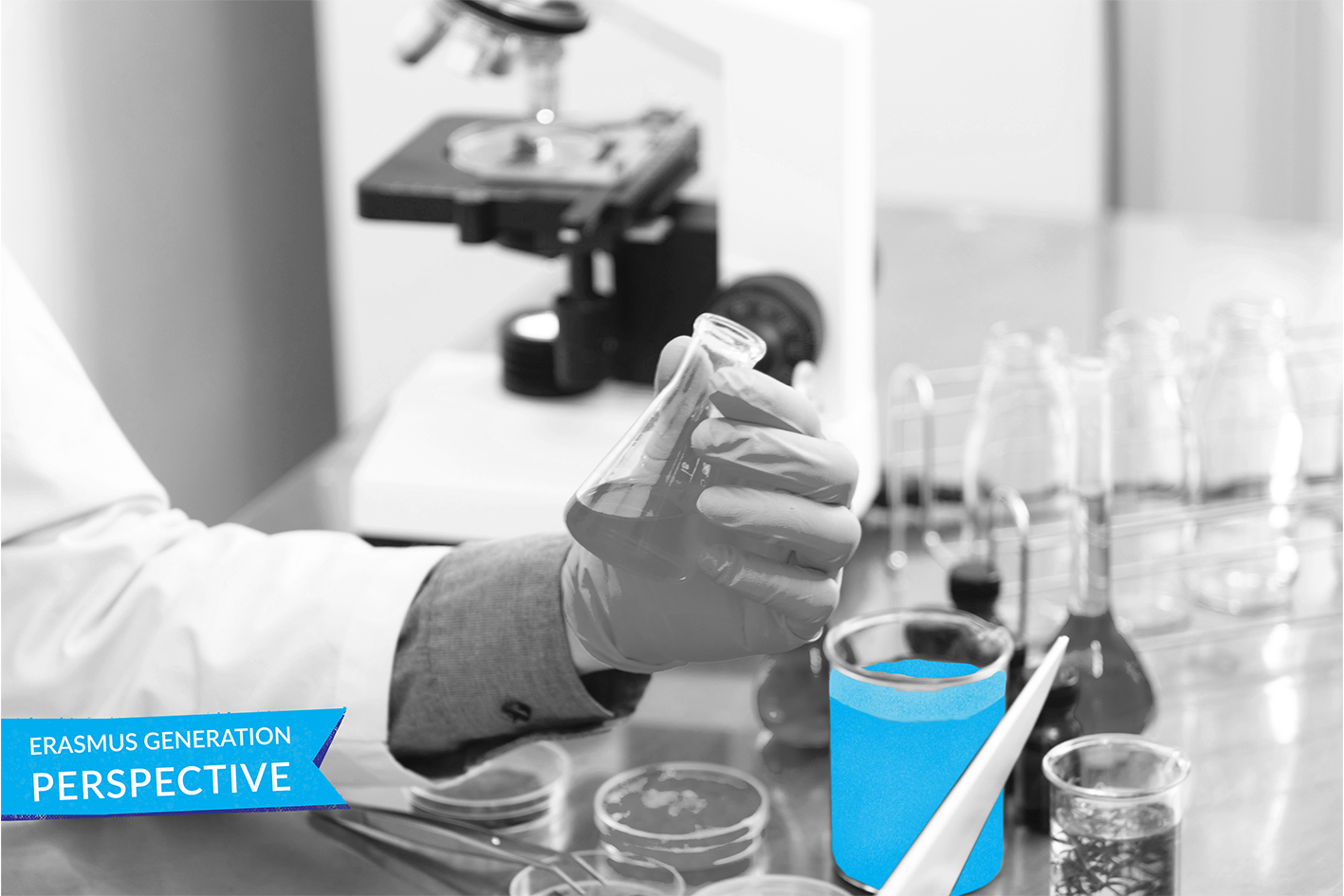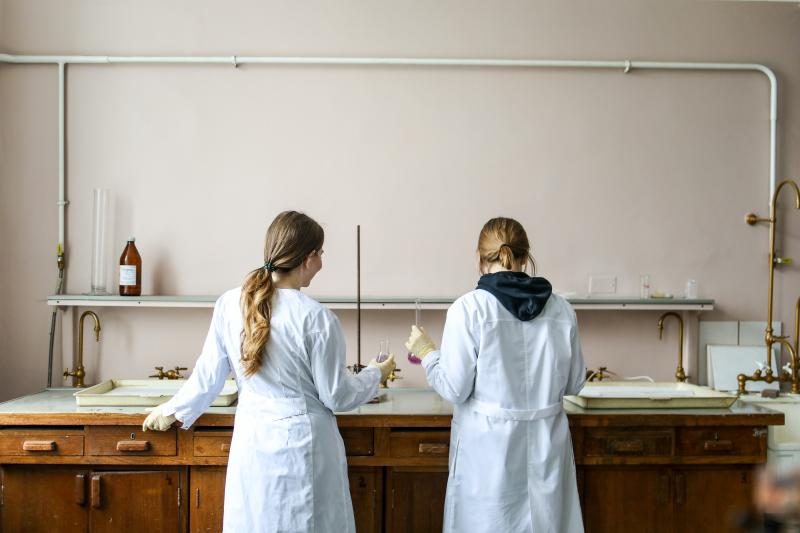
* Erasmus Generation Perspective articles are written by ESN volunteers with the aim to share the student voice on current policy developments in the field of international education. The text represents the individual perspective of the author, and not an official statement of the Erasmus Student Network.
With the new waves of the well-known Covid-19, the start of the vaccination, and the scientific advances regarding the virus, Science, Technology, and Society studies and science education have been a hot topic in the world of the future of education. These current events emerged questions about the relations between science, society, and technology. STS studies aim to understand how society, culture, scientific research, and technological development all affect and relate to each other.
Taking into account that every decision made regarding the pandemic is a political and scientific decision, STS studies are deeply involved in the signs of progress of these rough times. The findings of these studies, which began in the late eighties, have been shaping the way we teach science to create active citizens, democracy, and the understanding of the relationship between science and society. These studies analyze the successes and failures of traditional education to build up a new foundation for students, which should take into account scientific learning embedded in social issues.
STS takes into consideration the chronic decline in student enrolment, disenchantment, lack of engagement, and the perceived relevance in science. A report from 2015 by the Expert Group on Science Education for the European Commission about Science Education for Responsible Citizenship showed a lot of problems in science education in Europe.

Some of these problems are the unevenness of gender, culture, regions, and age participation inside of science education. One of the main ideas of STS studies is that there is no innovation without representation, meaning that everyone involved should be represented in every technological development. The studies of science should be more inclusive, not just in the representation, but also in the way it is taught.
One of the principles of STS studies is Legacy Thinking, which refers to the way we were trained in the past and how it is not always the most effective. However, since it is so widely accepted, we can end up not being able to identify its problems and move past them. Changing the way we teach science is very important for the development of creative, critical, and active citizens. The correlation of science with other studies, such as arts, philosophy, and political science can help some of the problems we face with science education.
In the same report, it is noted that school education is a big factor for science education, even so, it is not the only path to create real science knowledge and skills. It is necessary to have informal and non-formal environments for education, such as families, enterprise, civil society and government inclusion. STS studies aim exactly at those problems, which we face, in Europe and all over the world.

One of the key factors to change science education, mentioned in the report, is the emphasis on international education, and how international cooperation can improve careers. Dissemination and valorisation of science education, international solidarity and global citizens in the international field is a must for the progress of education.
Although not everyone will have a life path that requires a full study of science, we will all have involvement with science-related experiences, thus it is necessary to have a basis in science, different from the orthodox system, but a science that will correlate to our society and culture.
A pandemic is a real eye-opener to various problems we face in education. Taking into account methods of teaching and innovating them is a good start to build a better society. Focusing our science education on something that can have a positive impact and that will open the range of involvement and representation inside our society and science should be a focus of our leaders. This is the time to change our paradigm in science education and create real inclusion through STS studies to promote a science embedded in society and culture.
-
Aikenhead, Glen S. (2003) STS Education: A Rose by Any Other Name https://www.researchgate.net/profile/Glen-Aikenhead/publication/237702453_STS_Education_A_Rose_by_Any_Other_Name/links/553566c20cf268fd0015da35/STS-Education-A-Rose-by-Any-Other-Name.pdf
-
Science Education in Europe: Critical Reflections (2008) http://efepereth.wdfiles.com/local--files/science-education/Sci_Ed_in_Europe_Report_Final.pdf
-
Aikenhead, Glen S. (2009) Research into STS science education https://periodicos.ufmg.br/index.php/rbpec/article/view/4005/2569
-
SCIENCE EDUCATION for Responsible Citizenship (2015) http://ec.europa.eu/research/swafs/pdf/pub_science_education/KI-NA-26-893-EN-N.pdf
-
Woodhouse, Edward (2014) Science Technology and Society http://igem.org/wiki/images/5/53/Science,_technology_and_society.pdf

Follow ESN